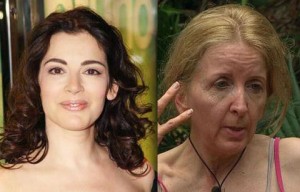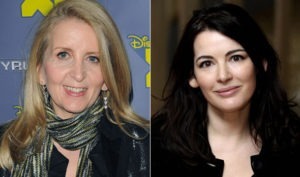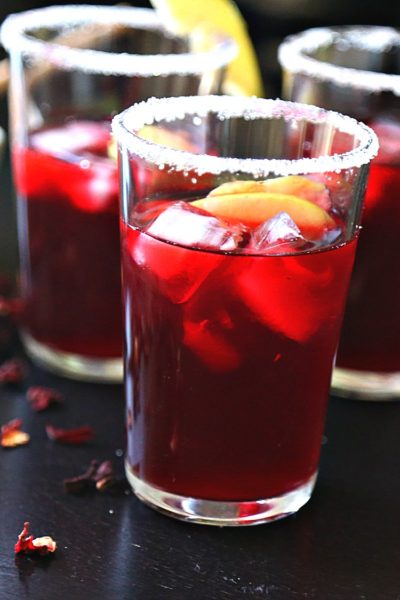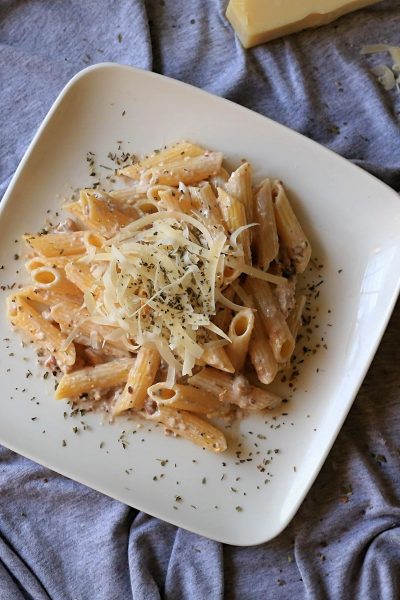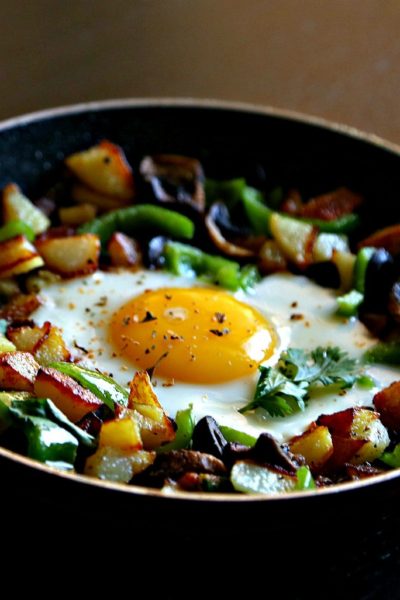Vegetarian, vegan, or a meat lover, who are you?
In the last two decades there was a dramatic increase in the number of people converting to vegetarianism. Why it became popular to remove meat from diet? Are meat lovers’ looks more radiant than non-meat eaters?
This is a photo for the well-known food write and broadcaster Nigella Lawson and Holistic nutritionist Gillian Mckeith
From the left Nigella , Gillian
Nigella Lawson is a heavy eater of diary, meat, and desserts. Gillian Mckeith is a nutritionist who promotes eating organic vegetables, detox diet, and colon cleansing. Both ladies are in the same age. The first impression for many viewers is that eating red meat; dairy products will make you look radiant, but is this a fair comparison? What about this picture?
From the left Gillian, Nigella
The first photo for Nigella is when she is well-dressed in a nice pause, and Gillian is in the forest for the “survivor” TV show, with no makeup on, in a frozen photo. The second one is when both ladies have similar conditions, makeup, and photo shoot pauses. But do we know what behind the pictures? A lot of media broadcasts claimed that Nigella had Botox and plastic surgery to have wrinkle’s free face, but she denied the claims. On the other hand, Gillian is not shy to show her expressive facial lines. Are these icons represent the best diets? What is the point of sharing these pictures over and over? Is being beautiful more important than being healthy?
Should you follow Nigella, Guilin?
The answer is none of them! Celebrities usually have private nutrition experts; to help them pick their healthy meals. Also they have personal fitness trainers, fashion, and hair stylists. In nutrition science until now there is no optimum magic diet for everyone; the most agreeable one is to have most of your energy from carbohydrates, and fair amount from protein, and fat. But how can you decide to be a vegetarian, vegan or omnivore?
First, you should know what these terms means, let’s define them:
Omnivore: Any organism (human in this case!) who eats both plants, and animals.
Vegetarianism: Eating food comes from plant resources, but they divided to these categories:
Ovo-Vegetarian: eat plants, but they include eggs but not dairy.
Lacto-Vegetarian: They include dairy but not eggs.
Lacto-Ovo-Vegetarian: They consume dairy and eggs, but not meat or fish.
Pescetarian diet: A plant diet which includes fish, but not meat.
Some vegetarians do not eat meat for ethical, or religious reasons. Some of them avoid food containing by-products of animal slaughter, such as animal-derived rennet (used in cheese making) and gelatin.
Veganism: They restrict not to include any product from dairy, fish, meat and their by-products. Ethical vegans are against animal testing of cosmetic products.
So you do not have to be a strict vegan; you can choose one of the mentioned above categories or you can be a flexitarian which means you can add meat occasionally to your diet. But will you get your needs of the essential nutrients?
Animal protein vs. Plant protein
It’s well known that animal protein has all essential amino acids, that the body needs in balanced ratios. Most plants protein may lack one, or more essential amino acids. However, latest studies shows that there are a lots of complete protein plant sources like hemp seeds, soy, quinoa, and much more. But the protein digestibility, and bioavailability are higher in dairy products, and eggs. But if you consume unrefined plants you will get essential amino acids more than you need, so the debate is almost over.
But this is for protein, what about other nutrients like Vitamin B12, and minerals like Iron, calcium, can you get all of them by following a vegan diet? That’s what I will discuss in part 2!

